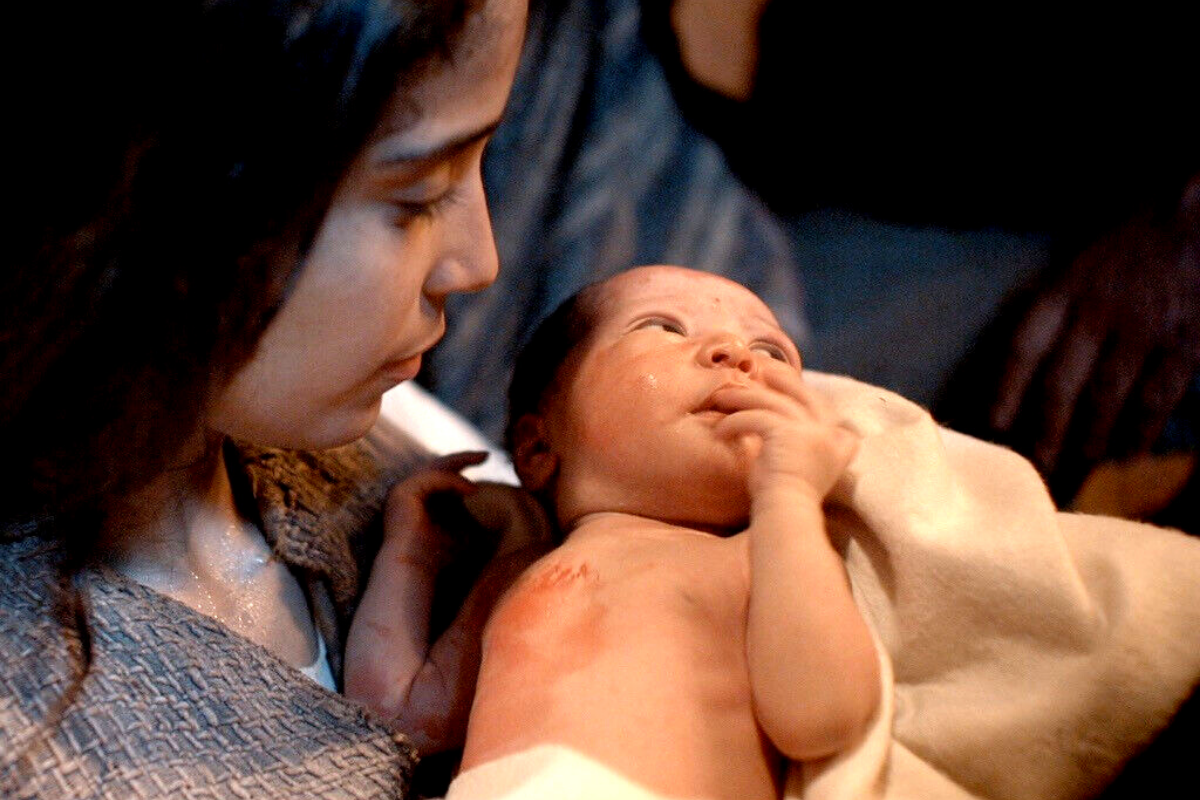
I hope that the Christmas account is something you believe in?
It is recorded for us in the Gospels of St Matthew and St Luke and it is an account full of love, loyalty, courage, faith and mystery. It is known all over the Christian world and beyond.
The Christmas story has an enduring appeal and millions love it because it speaks about the courage of two special people called Mary and Joseph.
But how do we react to it? I ask the question because many of us treat it with a familiar disinterest and thus forget its importance and significance.
In reality, it is God speaking to us and He always has something important to say. Here are three things about Christmas that we should not forget.
Christmas speaks of God’s POWER
The virgin birth of Jesus is for some people, a real stumbling block, to believe this great story. But this miracle was a small thing for God.
Why should it be reckoned impossible for the Almighty to do this? After all, He has made the world in six days (Gen. 1 & 2); parted the Red Sea for His people to escape from Egypt (Exo. 14); and raised Christ from the dead (Matt. 28).
If, of course, you don’t believe in all these as historic accounts then you will deny the miraculous in the Christmas event too.
Christmas is the demonstration of God’s power through the Incarnation when a virgin conceived and gave birth to a Son who was both God and man (Jn 1:1-18).
Here again, God intervenes into history to fulfil His plan of redemption. By this, He demonstrates his power to save.
Christmas speaks of God’s PLAN
The problem that God had was mankind’s sin. We all have broken God’s moral laws (Exo. 20) and because of this, we are condemned and estranged from Him. We are reckoned sinners by Him.
So, what was God going to do with the sin problem? Was He to destroy us? Was He too damn us all? Was He simply to overlook it?
But how could He satisfy his justice and forgive at the same time? Was there a way of forgiveness? His plan, agreed with his Son, was to send him to die for sinners on the cross.
By Christ’s atoning death as a substitute, Jesus becomes our Saviour when we put our trust in Him.
So, Christmas is about the coming of the Saviour Jesus Christ as God’s solution to the guiltiness of sinners and it demonstrates most clearly that God is love.
Christmas speaks of God’s PEACE
The Old Testament foretold that God would send the Prince of Peace to His people in their troubles (Isa. 9:6&7). This was fulfilled by the virgin birth of Jesus and by His life among us (Matt. 4:12-17).
How wonderful is the account of the choir of angels that sang to the shepherds on the night of Christ’s birth! It is recorded for us in the gospel of Luke;
–And suddenly there was with the angel a multitude of the heavenly host praising God and saying “Glory to God in the highest, and on earth peace, good will toward men!” (Luke 1:13,14).
Now we know why the Saviour came. He came to make peace – Peace between God and sinners. Christmas speaks of God’s peace bought for sinners on Calvary’s cross.
This is what we must believe; –“In this is love, not that we loved God, but that He loved us and sent His Son to be the propitiation for our sins. Beloved, if God so loved us, we also ought to love one another” (1 John 4:10 & 11).
A hymn writer helps us to understand when he writes of the Incantation and the grace of the Saviour of the world:
Down from His glory, ever-living story, my God and Saviour came, and Jesus was his name; born in a manger to his own a stranger, a man of sorrows, tears and agony! What condescension, bringing us redemption, that in the dead of night, not one faint hope in sight; God gracious, tender, laid aside his splendour, stooping to woo, to win, to save my soul. (William E Booth-Clibborn (1893-1969)
LUMO Photo taken from www.freebibleimages.org
This article was earlier published as a Sermon. Except for the title, the content has not been edited by BT staff.